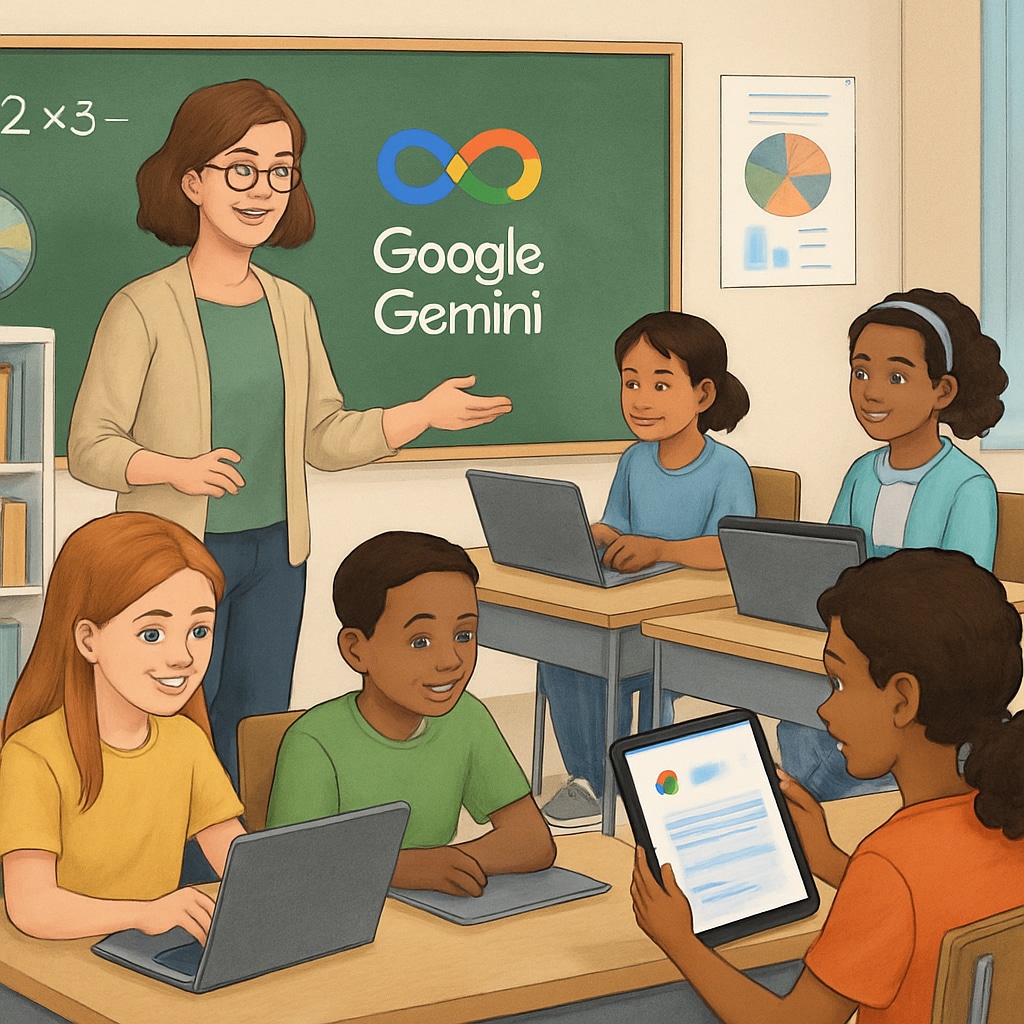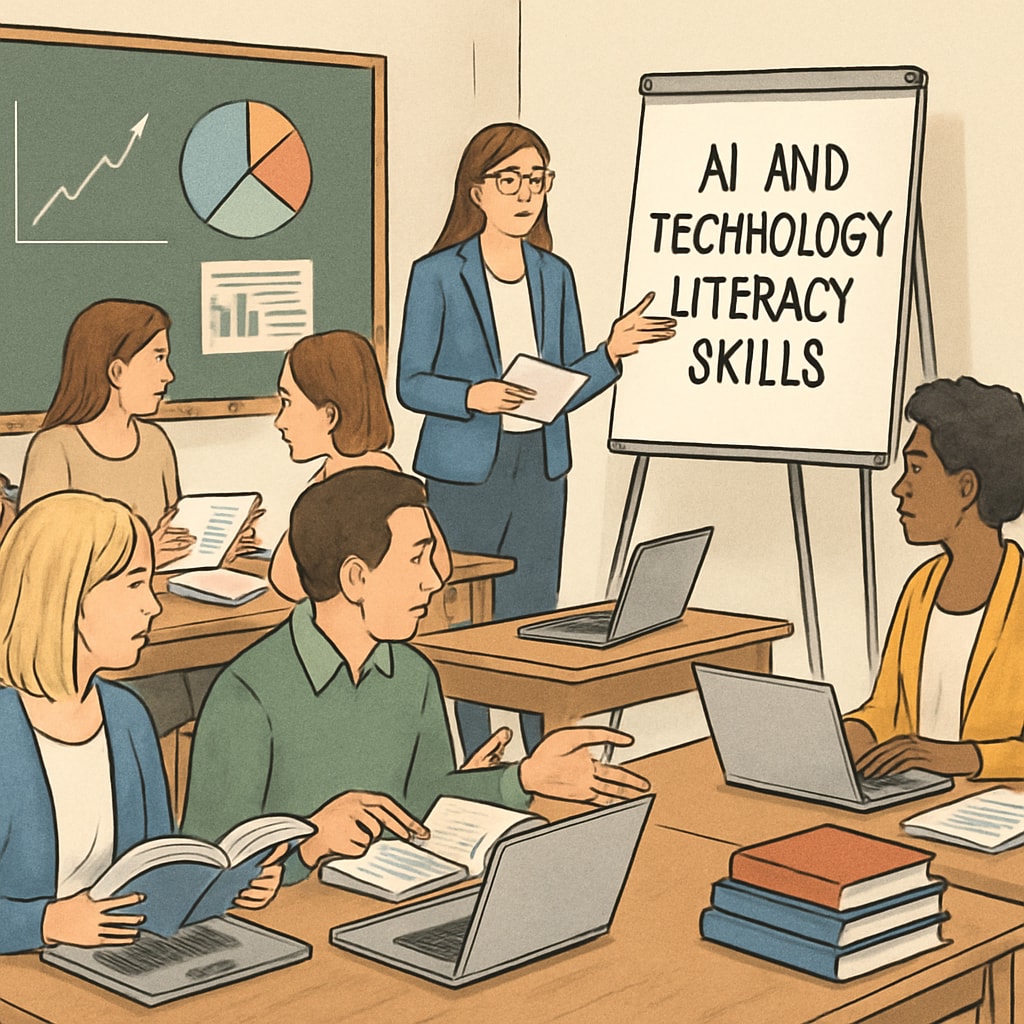The rise of AI technology, including tools like Google Gemini, is revolutionizing education and reshaping the core of what it means to be a teacher. AI is now capable of automating tasks such as lesson planning, grading, and even personalized student feedback—activities that have traditionally been central to a teacher’s role. As a result, educators worldwide are facing an urgent need to reassess their professional value, negotiate fair salaries, and embrace tech literacy as a fundamental skill.
How AI Technology Impacts Teacher Roles
AI tools, such as Google Gemini, have demonstrated their ability to streamline or replace tasks that once required significant human effort. For example, AI-powered grading systems can analyze written assignments in seconds, identifying grammar errors and scoring essays based on predefined rubrics. Similarly, AI-driven platforms can create customized lesson plans tailored to students’ strengths and weaknesses, reducing the time teachers spend on preparation.
While these advancements promise greater efficiency, they also raise concerns about the diminishing role of teachers in educational environments. If AI can perform these tasks more quickly and accurately, what unique value do human educators bring to the classroom? This question is particularly important as schools and policymakers evaluate budget allocations and teacher salaries in the face of technological innovation.

Redefining Teacher Value in the Age of AI
To remain indispensable in AI-enhanced classrooms, educators must focus on the qualities that technology cannot replicate. Emotional intelligence, mentorship, creativity, and the ability to foster a supportive learning environment are areas where teachers excel compared to AI systems. These human-centric skills are crucial for student development, especially in fostering collaboration, critical thinking, and resilience.
However, redefining value is only one part of the equation. Teachers must also advocate for their significance in salary negotiations. As AI automates routine tasks, the perception may arise that educators are “doing less,” potentially leading to stagnation or even reductions in pay. To counter this, teachers should emphasize their expanded roles as facilitators, mentors, and leaders in integrating technology into learning.
The Importance of Tech Literacy for Educators
Another critical aspect of adapting to AI-driven changes in education is the need for tech literacy. Teachers who lack familiarity with AI tools may struggle to maintain their relevance, while those who embrace technology can position themselves as indispensable assets to their institutions. Proficiency in using platforms like Google Gemini, educational AI applications, and data-driven analytics will empower educators to optimize their teaching strategies and maximize student outcomes.
Professional development programs focused on AI and technology are essential for teachers to acquire these skills. Schools should prioritize investments in training initiatives to ensure educators can navigate the evolving landscape confidently. In turn, this can strengthen their case for competitive salaries, as tech-savvy teachers become increasingly valuable in AI-integrated classrooms.

Looking Ahead: Balancing Technology and Human Expertise
The integration of AI in education is inevitable, but it should complement rather than replace human expertise. Policymakers, school administrators, and teachers must collaborate to ensure that technology enhances learning without undermining the essential role of educators. This may involve redefining job descriptions, establishing ethical guidelines for AI use, and setting salary standards that reflect the evolving responsibilities of teachers in the digital age.
In conclusion, the future of teaching lies in the balance between embracing AI innovations and preserving the irreplaceable value of human connection. By proactively redefining their roles, acquiring tech literacy, and advocating for fair compensation, educators can thrive in an AI-driven world while continuing to shape the minds of future generations.
Readability guidance: Each section is presented in short, digestible paragraphs. Lists, examples, and transitions (e.g., “however,” “in addition,” “for example”) are used to ensure flow and clarity. Passive voice and long sentences are minimized to enhance readability.


